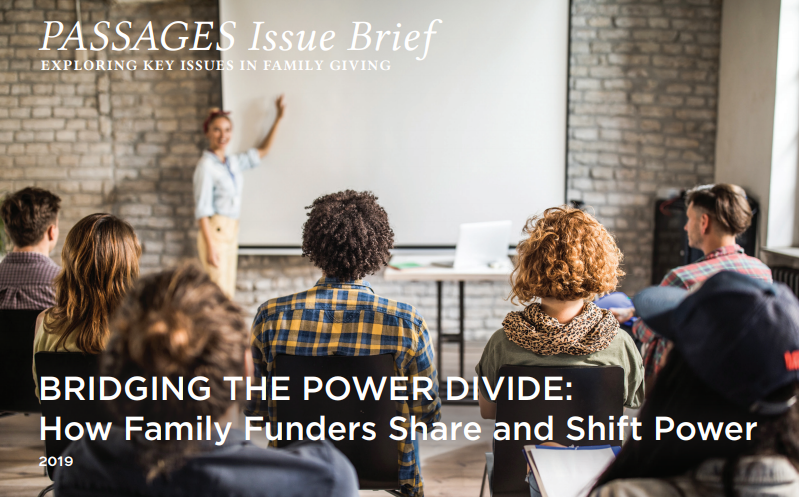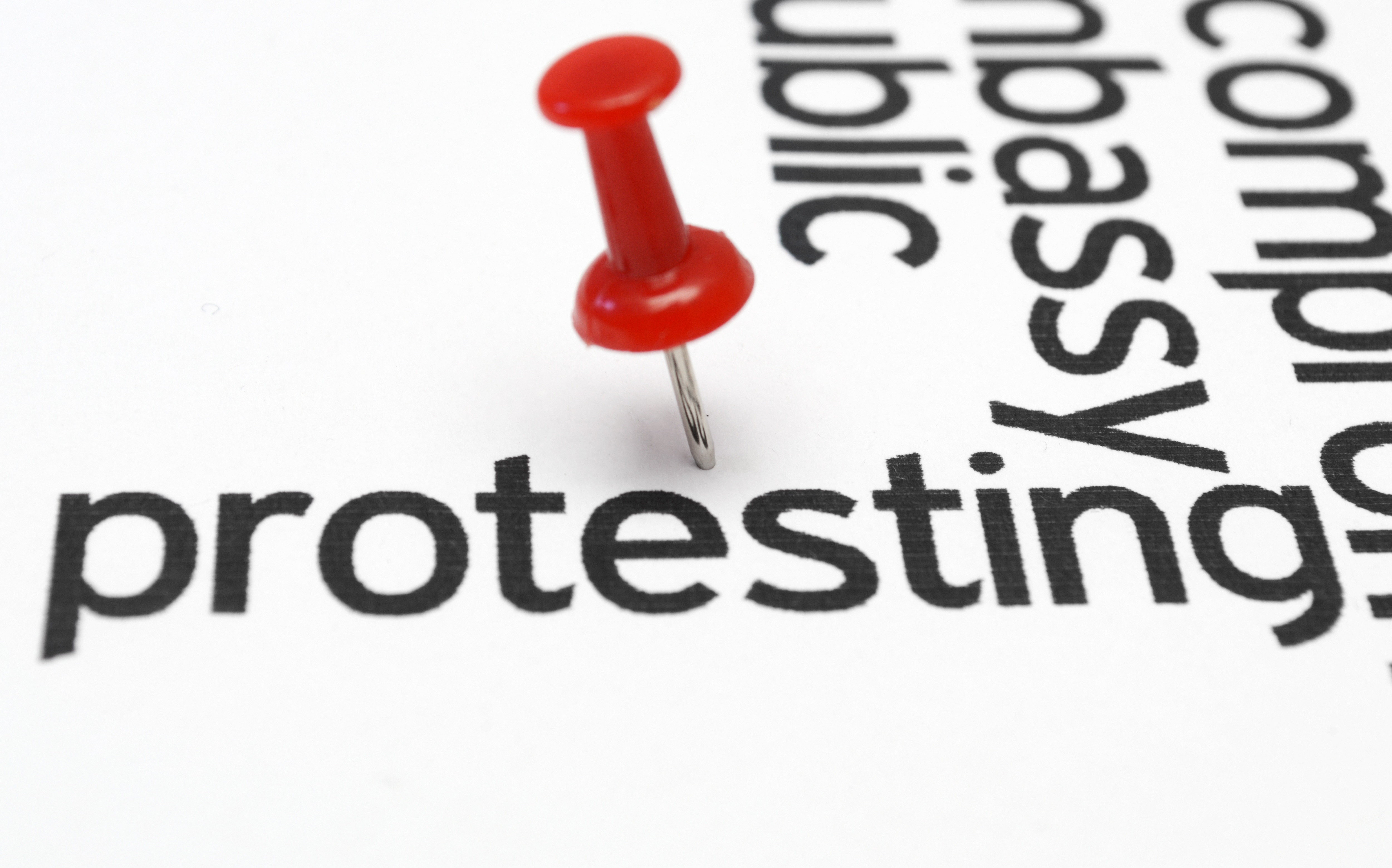Unleash Community Leadership: Evelyn and Walter Haas, Jr. Fund

As a family funder, how can you acknowledge and responsibly navigate the power of your position? How does the power and privilege you hold affect those you interact with and support? How can you use your power for good—to make lasting impact?
This Passages Issue Brief features stories, perspectives, and practical tips on power, and suggestions for how family funders can work toward bridging the power divide with grantee partners and the communities they care about. Enjoy this excerpt from Bridging the Power Divide: How Family Funders Share and Shift Power, featuring the Evelyn and Walter Haas, Jr. Fund.
Cathy Cha, president of the Evelyn and Walter Haas, Jr. Fund, knows what it is like to grow up on the margins of society. Her grandfather was a rice farmer in Korea, and her father grew up on the farm, and then left Korea to attend graduate school in the US.
When Cha came into philanthropy, she moved to Boston to work at the Hyams Foundation. Her job gave her the opportunity to be at community meetings with Somali and Cambodian refugees, and to talk with young African American leaders. That was Cha’s early education in what good philanthropy is all about: philanthropy that is healthy, respectful, connected, and community-grounded.

Back in the San Francisco Bay Area, she worked in several roles at the Haas Jr. Fund, and became president in 2019. Through its immigrant rights program and others, the fund works to lift up the voices of those who don’t have power and privilege.
“One thing that’s special about the Haas, Jr. Fund is that we take on big bold issues early. The fund was talking about gay marriage 19 years ago, and has been working to help undocumented immigrants come out of the shadows so they can claim themselves as rightful residents of California and this country,” she says.
The Haas, Jr. Fund was one of the first funders of the Dreamer movement. “We take a simple but powerful approach. We help communities tell their own stories, organize, and have agency— and when their leadership is unleashed, it’s nearly unstoppable. That’s the story of the Dreamer movement, and that has been key to our LGBTQ work as well. When communities use their voice and find their power, they start advocating for themselves.”
“As a funder, we figure out how we can be a supporting cast in their journey, winning their goals. When we work in partnership like that, it’s the most powerful role philanthropy can play,” she says.
 The Dreamer movement is a good example of that. “We were seeing undocumented students start to organize on their campuses at UCLA and UC Berkeley. They were voicing their distinct needs as students, and asking school administrations to support them. Behind the scenes, we hired an advocate with an immigration law background. He interviewed Dreamers around the state, and asked them ‘what could we do to help you do more of what you’re already doing?’”
The Dreamer movement is a good example of that. “We were seeing undocumented students start to organize on their campuses at UCLA and UC Berkeley. They were voicing their distinct needs as students, and asking school administrations to support them. Behind the scenes, we hired an advocate with an immigration law background. He interviewed Dreamers around the state, and asked them ‘what could we do to help you do more of what you’re already doing?’”
At first, all they wanted was to get together with Dreamers from other campuses to talk about their issues. “The Haas, Jr. Fund made a $5,000 grant that first year to pay for motel money, bus tickets, and bagels,” Cha says. Over the next few years, the Fund joined with other funders in supporting the nascent movement to keep building its power and voice.
“Now they are a national movement, and are at the negotiating table on the urgent issues in the news every day,” she says.
“When funders are ready to listen to their grantees and follow their lead, amazing things happen,” says Cha. In her work, Cha finds ways to follow the lead of nonprofit leaders in order to better address their needs.
View and download the full Passages Issue Brief on NCFP’s website.
